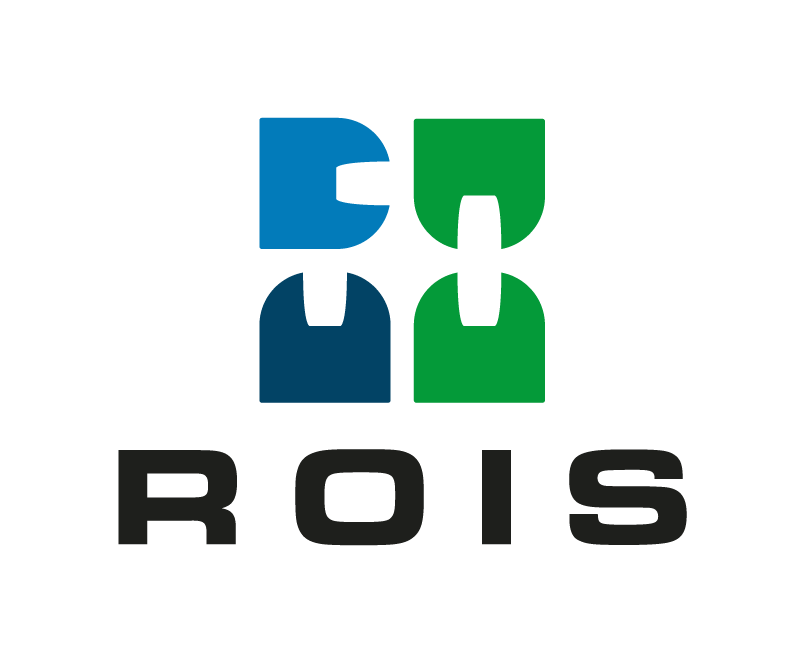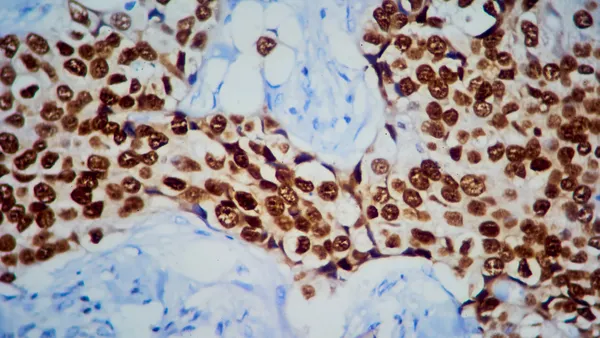Dive Brief:
- An RNA drug developed by Eli Lilly sharply reduced blood levels of a protein particle that scientists and drugmakers increasingly see as important to assessing heart disease risk, alongside cholesterol and triglycerides.
- Treatment with a high dose of Lilly’s drug, called lepodisiran, reduced levels of this particle, lipoprotein(a), by about 94% over a four-month period. People enrolled in the company’s Phase 2 study who received one of two lower lepodisiran doses also had reduced lipoprotein(a) levels, but the declines weren’t as large.
- Around 14% of study participants given the high lepodisiran dose experienced “treatment-emergent” adverse events, but none were serious or led them to drop out of the trial, Lilly said. One patient on a lower dose died as a result of complications from chronic coronary disease.
Dive Insight:
LDL cholesterol and triglycerides are well known for their link to elevated cardiovascular risk. So too are the treatments, like statins, that can be used to tamp down high levels of either lipid.
While genetic and epidemiological studies have shown a similar link between lipoprotein(a) and heart disease, there are no treatments available that can reduce levels of the protein particle, which seem tied to genetics.
Pharmaceutical companies like Lilly aim to fill the gap. Lepodisiran works by what’s known as RNA interference, a biologic process drugmakers have harnessed to “silence” the expression of certain genes. These therapies degrade the transitional nucleic acid cells use to construct apolipoprotein(a), an essential building block for Lp(a) particles.
Novartis and Amgen previously showed drugs that work this way can dramatically reduce Lp(a) levels. Both companies, as well as Lilly, are now running large Phase 3 trials designed to prove that Lp(a)-lowering translates to a cardioprotective benefit.
How well they do remains an open question. “How much lipoprotein(a) reduction is necessary to produce clinical benefits remains uncertain and has been debated,” wrote the authors of a paper publishing Lilly’s results in The New England Journal of Medicine on Sunday. The data were also presented at the American College of Cardiology’s annual conference.
Novartis will likely be first to provide an answer. The company had expected a readout of data from its late-stage study this year, but now anticipates results will be available in 2026. Amgen could also have data from its trial in 2026, but likely later in the year.
If these studies are successful, Lp(a)-lowering therapies could become a third pillar for managing heart disease risk in the 20% or so of Americans who are estimated to have elevated levels of the protein.
In addition to lepodisiran, Lilly is advancing an oral drug called muvalaplin that targets Lp(a) and is exploring gene editing approaches to treatment with Verve Therapeutics. Merck & Co., meanwhile, recently paid $200 million to China-based Jiangsu Hengrui Pharmaceutical to license a competing oral medicine.















